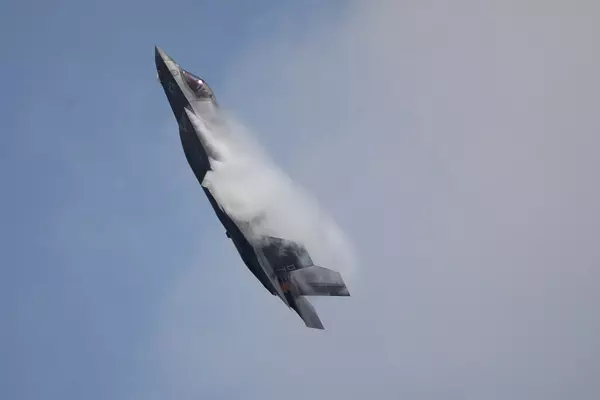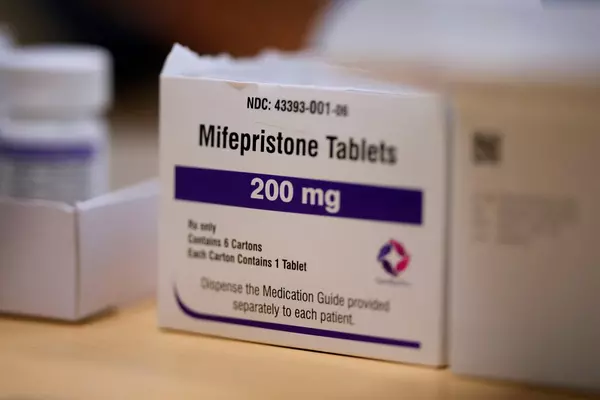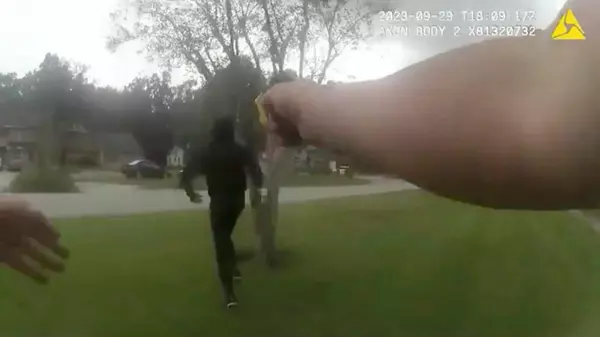
Japan has engaged in talks with Chinese experts to address Beijing's worries regarding the release of treated radioactive wastewater from the damaged Fukushima Daiichi nuclear power plant into the ocean. The discharges have faced opposition from fishing groups and neighboring countries, particularly China, which has imposed a ban on all Japanese seafood imports, impacting scallop growers and exporters.
During the recent discussions in Dalian, Japan provided a science-based explanation of the safe implementation of the discharges as planned. Following the 2011 earthquake and tsunami that led to meltdowns at the Fukushima plant, a significant amount of radioactive wastewater has accumulated over the years. The process of discharging this water, treated and diluted with seawater, began in August 2024 and is expected to continue for decades.
Japanese Prime Minister and Chinese President agreed to scientific talks by experts during a summit meeting in November, leading to several informal meetings between the two countries. The Japanese Foreign Ministry's statement on Sunday marked the first public acknowledgment of these discussions.
Experts from both sides discussed technical aspects related to the discharges, emphasizing the importance of transparency. While details of the talks were not disclosed, the meeting aimed to address concerns and bridge any existing differences. The International Atomic Energy Agency's recent visit to the Fukushima plant in March confirmed the safe execution of the ongoing discharges.
The dialogue between Japan and China signifies a step towards addressing environmental concerns and fostering cooperation in managing the aftermath of the Fukushima disaster. Both countries are committed to ensuring the safe handling of radioactive wastewater and maintaining open communication to address any apprehensions.







